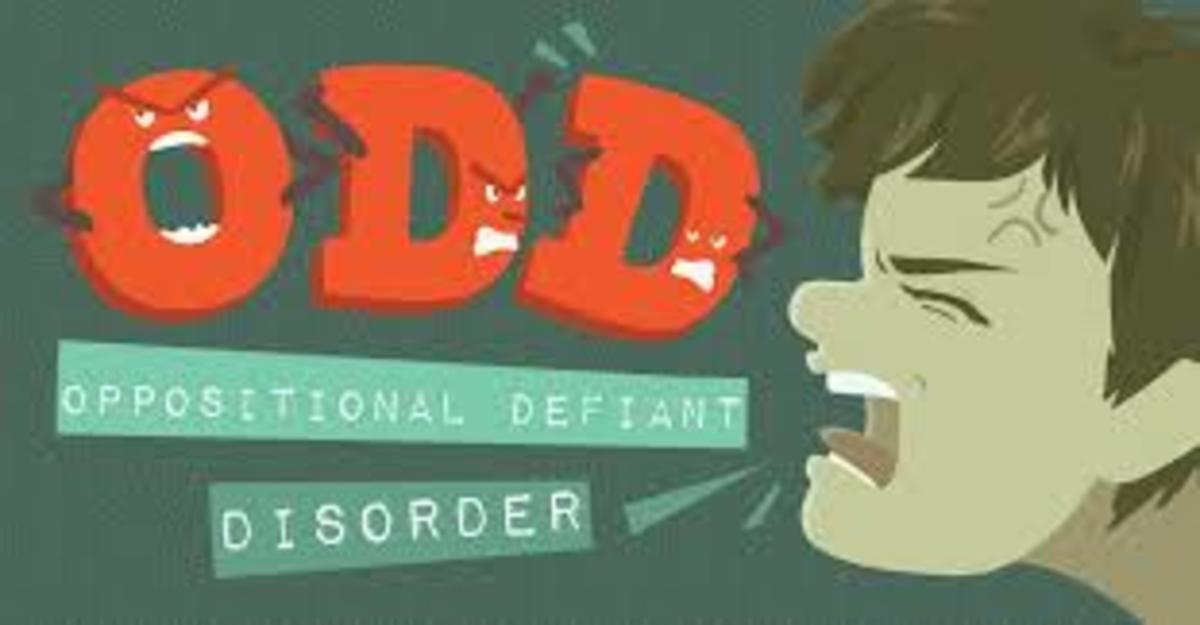
Question: My son's Menahel called us in for a meeting. He said that while our 7th grade son is smart and has friends, he acts chutzpadig and doesn't listen to authority. The menahel said that he thinks our son has ODD and gave us the number to a (costly) therapist. Do we really need a therapist for this? Isn't this a regular kid who misbehaves that for generations parents and schools found some way to deal with? Must everything become a label and a diagnosis?
You ask two excellent questions: are we using labels too much and must every problem end up by a mental health professional. I believe that most people will identify with your reaction, nevertheless I’d like to provide some food for thought.
It is entirely possible, as you stated, that this child does not need a therapist. Yet, if the menahel is suggesting a consultation, it may, in fact, be very beneficial and worth the cost. ODD stands for Oppositional Defiant Disorder. This is a descriptive diagnosis, basically stating that a child is exhibiting difficulty with compliance to authority, respect, and/or anger management. Oppositional and defiant behaviors that constitute ODD can stem from different sources and may require different approaches to deal with based on our understanding. Without an understanding of where this stems from, mechanchim and parents can make lifelong mistakes in handling this behavior.
Consider the following. Oppositional and Defiant behavior can be related to a child who was never trained properly who will likely need a firm limit-setting approach. This can also be due to a child who acts this way because he misunderstands what others are telling him and/or (like many on the autistic spectrum) may be unaware of the impact of his words on others. Such a child needs social skills training rather than a firm discipline approach. Thirdly, this ODD-type behavior can be attributed to a child with very poor impulse control skills who is challenged with filtering his remarks. Such a child, if carefully evaluated, and found to experience other related behaviors (e.g., poor organization skills, distractibility, and/or hyperactivity) may be challenged with Attention Deficit Hyperactivity Disorder and may need an individualized behavioral (and possibly pharmacological) approach. Finally, this child may be overburdened due to stress /trauma factors which may leak out in the form of ODD-type behavior. Your following up with obtaining this understanding by speaking with those immersed in the Sugya and treating accordingly is a fulfillment of Chanoch Lina'ar al pi darko. This Posuk instructs us to acquire an understanding of the specifics of each child’s personality and thereby educate and parent accordingly (see Gra and Rav Shamshon Raphael Hirsch on this Pasuk).
Regarding the issue of diagnosing and labeling a child, I agree that they are overused, especially by those unaware of complex nuances and those who tread beyond their scope of expertise. When professionals utilize this term, it is not to label the child; in fact, it is best if the child is unaware of this diagnosis or label. Rather its primary benefit is for professionals to have a shorthand way to describe what they are seeing. Ascertaining that ODD is what we are seeing leads to accessing the research on factors that cause ODD as well as the research demonstrating which treatments work for whom, as explained above.
Hatzlocha in this task of both understanding your child and remediating what is necessary. May you be zoche to true Yiddish Nachas!
Chaim Neuhoff, Ph.D.
This article originally appeared in the Yated Ne'eman.
 Previous
Previous

